Increase Your Internet Signal With The Best Wi-Fi Extenders
If you're experiencing dead zones — spots where your devices aren't reliably connecting to the internet — in parts of your home, getting a Wi-Fi extender could help squeeze more coverage out of your wireless network.
Wi-Fi extenders take the signal from your existing router, amplify it and send it out again, doubling the range of your network and extending its reach to previously inaccessible areas of your home or office.
We put together a list of the best Wi-Fi extenders of 2023 to help you choose one that can effectively increase the range of your signals.
Comparing The Top Wi-Fi Extenders Of 2023 In Detail
TP-Link AC1900 Wi-Fi Extender: Best Overall
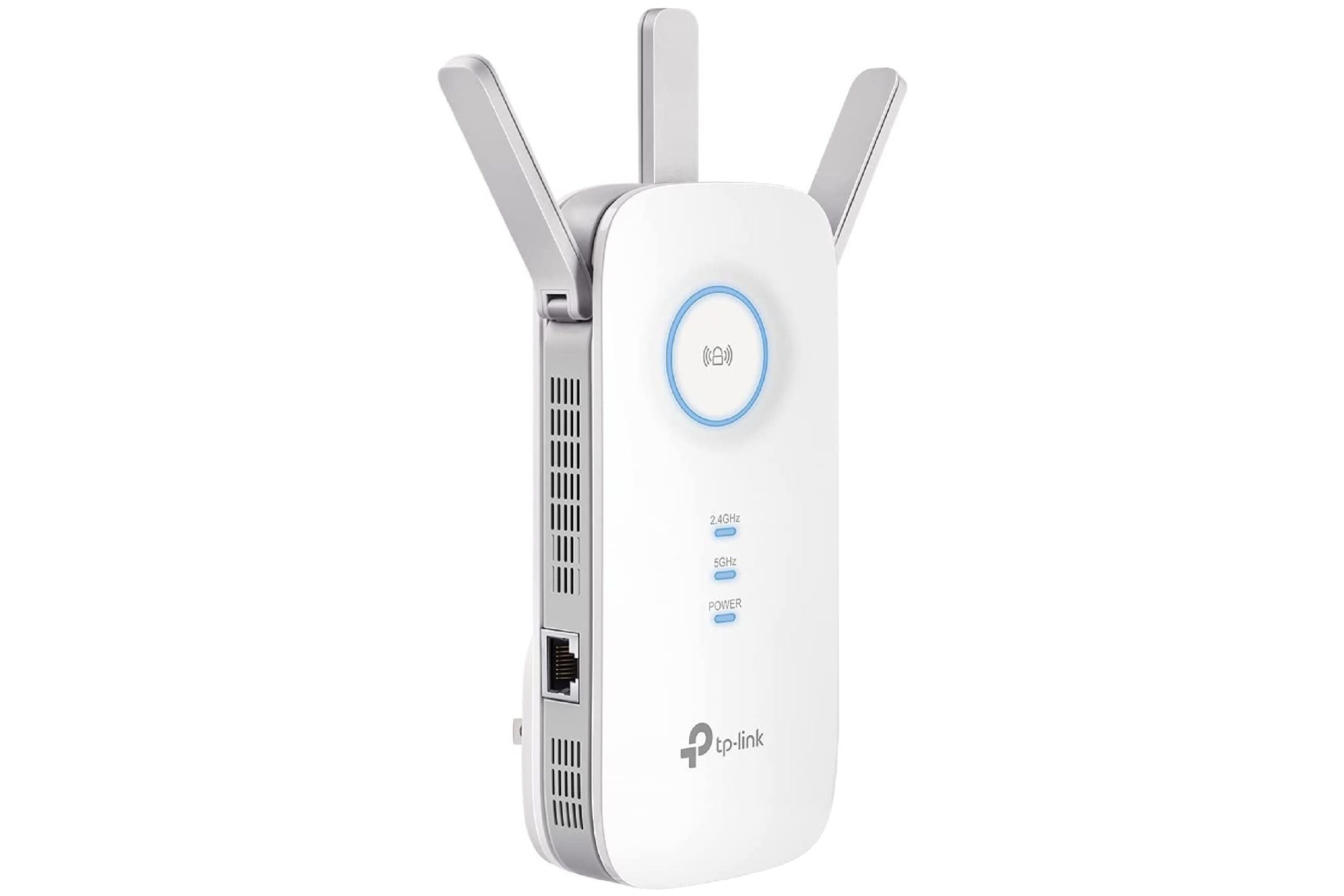
The TP-Link AC1900 is the best overall Wi-Fi extender on our list because of its high-quality plastic construction and ventilation port which ensures adequate airflow and prevents overheating. The router is equipped with three antennas that deliver exceptional signal strength and speed, providing a continuous, dependable Internet connection.
This Wi-Fi extender allows for simultaneous dual-band operation and can attain internet speeds of more than 600 Mbps on the 2.4 GHz band and more than 1,300 Mbps on the 5 GHz band. The AC1900 also has an Access Point (AP) mode, which allows users to construct a new access point to augment the wired network with the existing Wi-Fi connection. Lastly, the router's minimalist design looks appealing, whether at home or in the workplace.
NETGEAR Orbi Quad-Band Wi-Fi Extender: Multi-Gig Connectivity
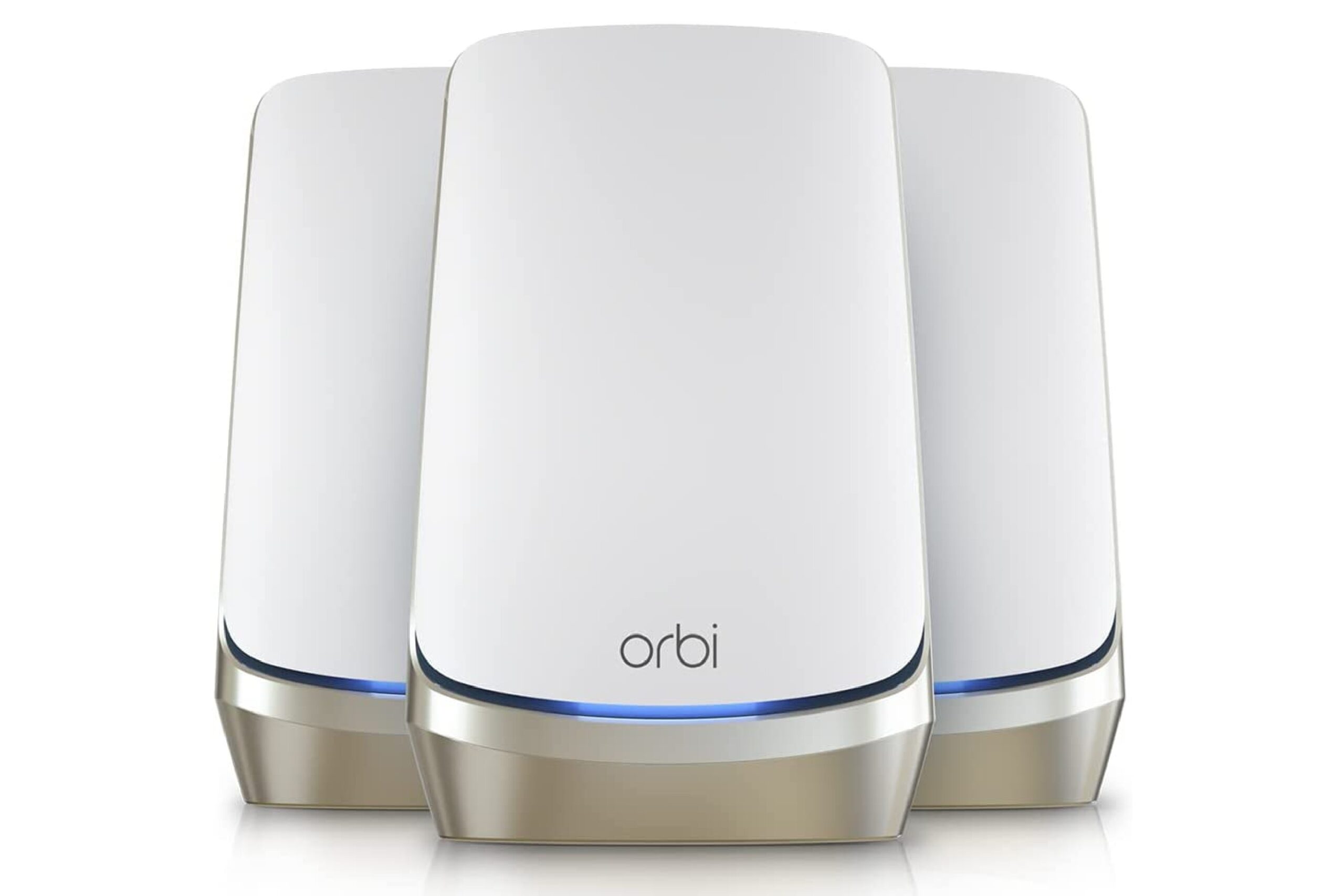
The NETGEAR Orbi Wi-Fi Extender is a mesh system that utilizes a specialized Wi-Fi quad-band which runs between the Orbi router and its satellite units, allowing for gigabit-plus speeds in any room of your home. The system can cover up to 9,000 square feet and accommodate as many as 200 devices simultaneously. This extender is suitable for speeds of up to 6 or 10 Gbps, depending on your chosen model.
On top of lightning-fast connections to desktops, gaming consoles and media players, you can set up the Orbi Quad-Band in just a few minutes through the Orbi App, which lets you control Wi-Fi settings, monitor data usage and test your internet speed. It also features advanced parental controls that can help promote healthy Internet habits.
Linksys Velop MX10600 Wi-Fi Extender: Easiest Installation
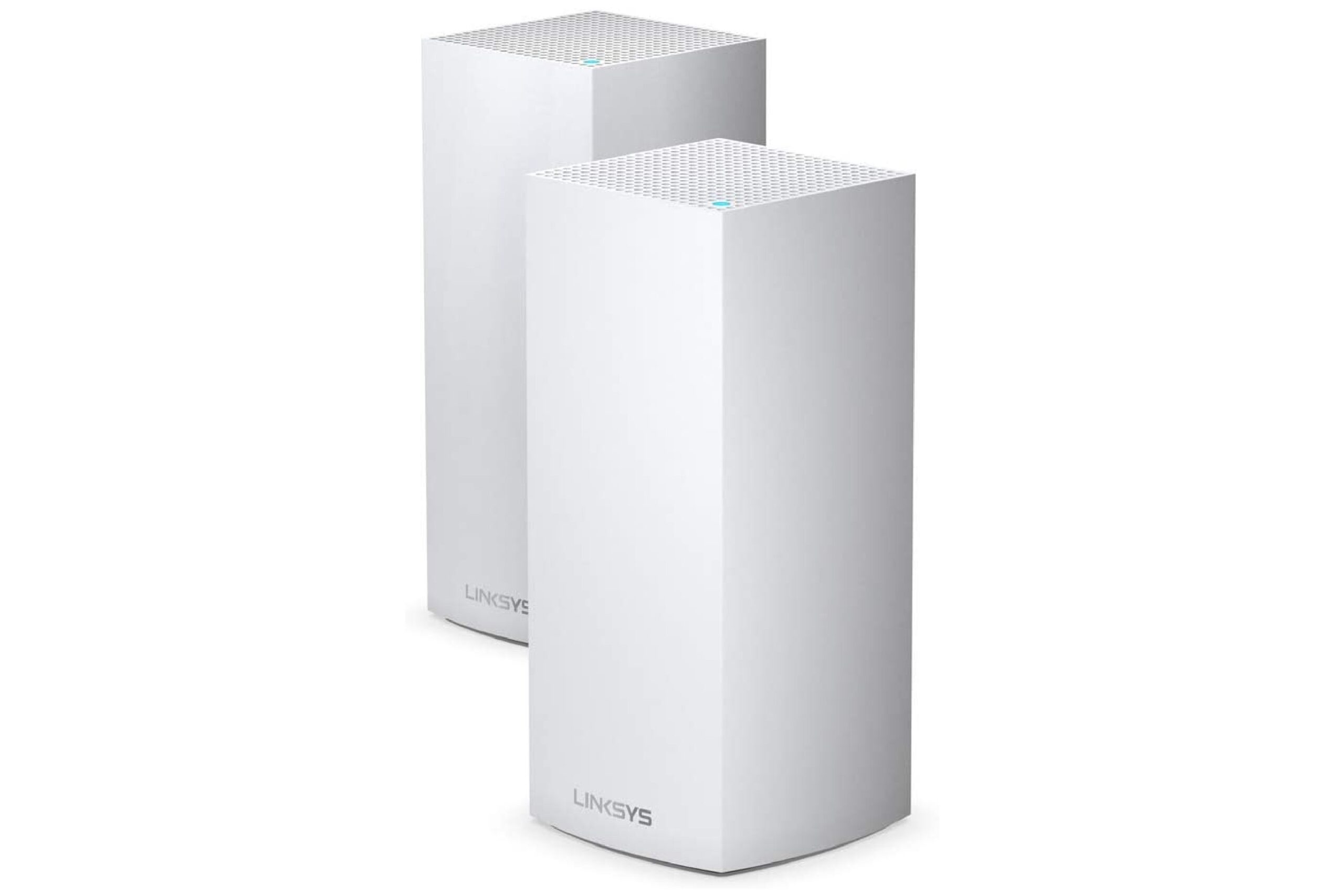
The Linksys Velop MX10600 is a Wi-Fi Extender bundle with two identical tri-band router nodes, each providing as much as 6,000 square feet of wireless coverage, depending on the model you choose. These units feature cutting-edge wireless technology to help eliminate Wi-Fi dead zones. Each has a gigabit WAN port, four gigabit LAN ports and a USB 3.0 port for a printer and other peripherals.
Both towers of the Velop MX10600 bundle have an LED status indicator on top that glows blue when connected, red when you've lost your internet connection, yellow when you are out of range and purple during setup. Even better, the convenient companion app to the devices displays the network name, your Wi-Fi status, and the number of devices connected to the network at any given moment.
Aitour Ever VICTONY Dual Band Wi-Fi Extender: Most Versatile
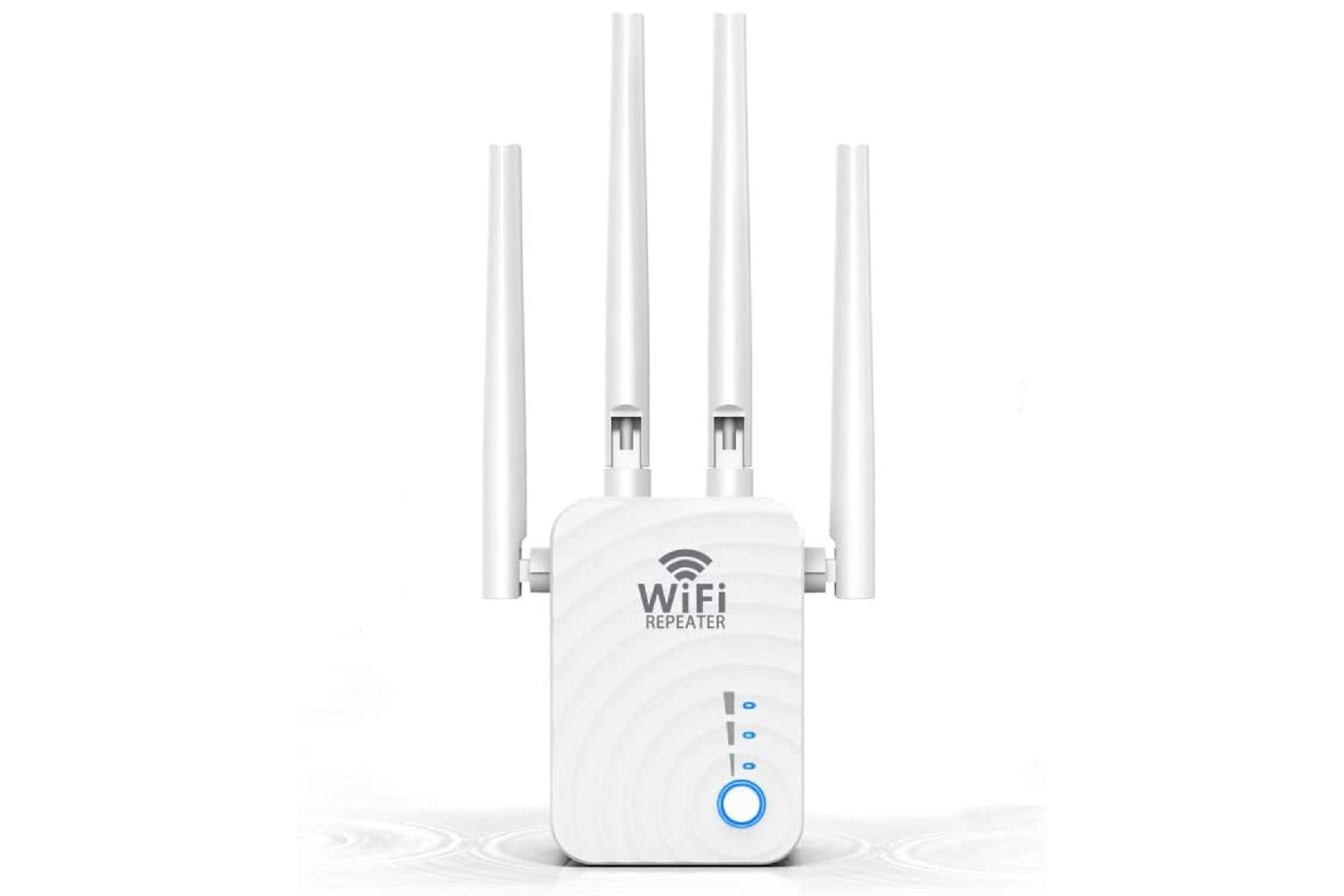
With its four high-gain external antennas, the VICTONY Dual Band Wi-Fi Extender from Aitour Ever can extend the range of your existing Wi-Fi network enough to do away entirely with dead spots. This is mainly possible thanks to the device's dual-band technology that can increase the range of your wireless network up to 3,000 square feet, providing a faster internet connection and reducing the likelihood of data packet loss.
Along with improving coverage and providing a stable signal, the VICTONY Wi-Fi extender is also quite versatile, allowing you to switch between three access point modes: repeater, router and wireless. Moreover, its compact design makes it easy to place where you need it most and it requires very little setup time to get up and running.
ZIYIZIRUI Wi-Fi Extender: One-Click Setup
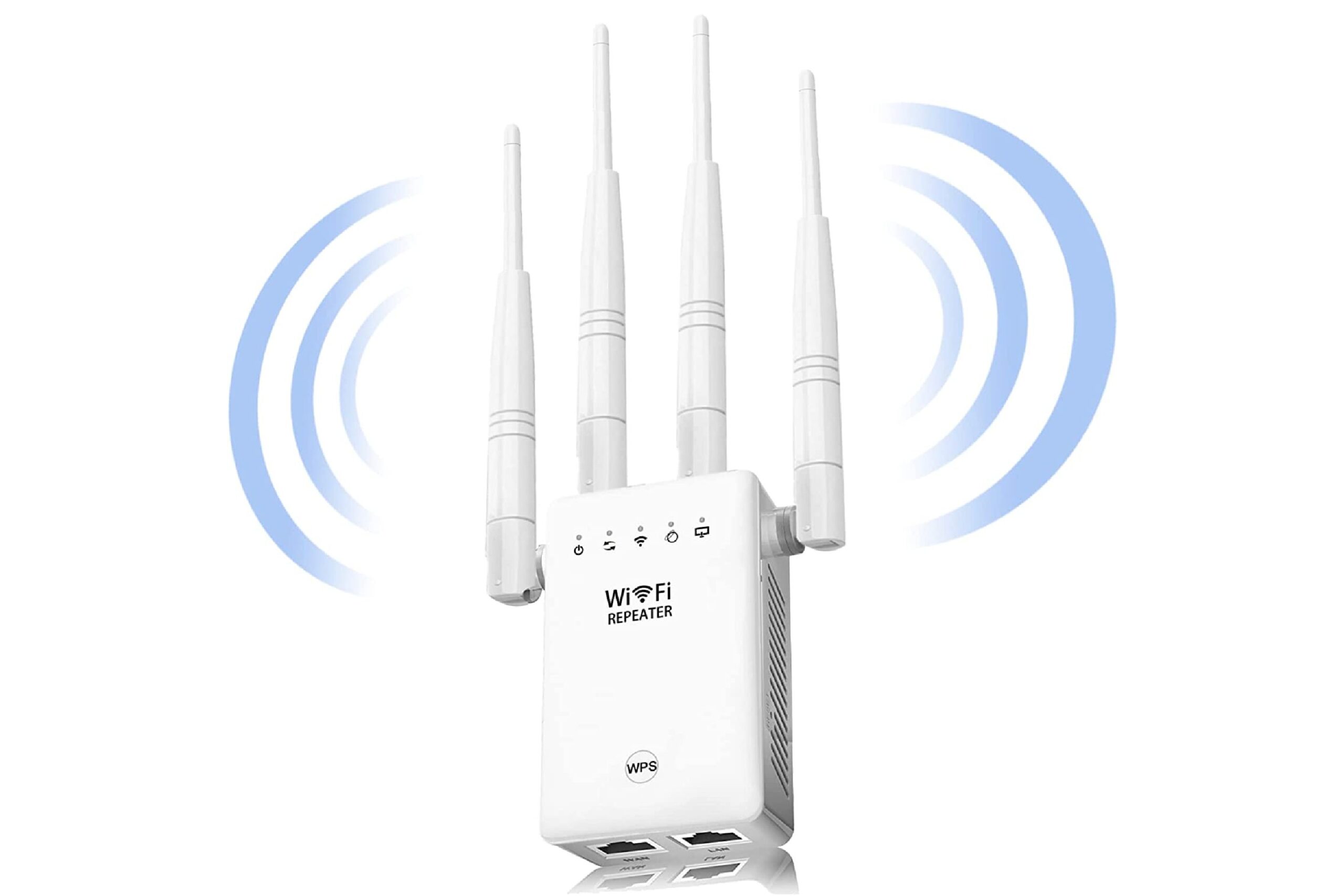
The ZIYIZIRUI Wi-Fi Extender can connect up to 32 devices and covers a wide area of up to 8,000 square feet. It's compatible with both wireless routers and Wi-Fi cable modems, and its Wi-Fi booster and signal amplifier will help get rid of any dead spots in your home. You can also connect the router directly to wired gadgets like a smart TV or PlayStation through the device's Ethernet connector.
The ZIYIZIRU offers five different access modes to meet a variety of online needs, making it quite versatile compared to other extenders. However, its most unique quality is a simple one-click setup —simply press the WPS button on the device to pair this Wi-Fi extender in a flash. Alternatively, you can connect to the internet using the browser on your phone in around three minutes.
Finding A Quality Wi-Fi Extender: A Buyer's Guide
This guide will help you choose the best model for your specific use case by detailing the different kinds of Wi-Fi extenders and the characteristics that suit distinct signal ranges.
How To Choose The Right Wi-Fi Extender
Router Location
Consider the placement of your router before purchasing an extender. If your router is located in one corner of your house, you're likely to have a weak connection in the opposite corner of your home, doubly so in the opposite corner of a second or basement floor. If you have already placed your router in a central location but still get dead spots, you may need to use an extender.
Dual-Band Or Tri-Band
Wi-Fi boosters are available in dual-band or tri-band variants. Dual-band systems work on 2.4 GHz and 5 GHz bands, whereas tri-band extenders have one 2.4 GHz band and two 5 GHz bands. The ability to connect more devices simultaneously is a major benefit of tri-band extenders, but they are typically more costly than dual-band units. If you have fewer wireless devices, a dual-band extender should get the job done.
Range
Range has the most influence on the use of a Wi-Fi booster (2.4 or 5 GHz). The 2.4 GHz range provides a larger coverage area, whereas the 5 GHz band is faster. Choose an extender that can easily cover the region of your home suffering from one or multiple dead spots.
Security
Many Wi-Fi extenders have security measures in place to prevent cybersecurity mishaps. Some brands, for example, have mobile apps with customizable security capabilities that let you monitor traffic, boot devices and ensure there are no viruses. Pick an extender with strong security so your network is always protected.
Setup
Most Wi-Fi extenders are relatively easy to set up. To increase your Wi-Fi coverage area, you usually just need to press a single button — extenders with a WPS button are the easiest to connect to your router.
Number Of Devices
Make sure your Wi-Fi extender can accommodate all of your wireless devices. For instance, if a certain model only supports a maximum of 10 devices, it won't be enough for those living in a large family home. You should get multiple devices in that case.
Benefits Of Using A Wi-Fi Extender
Remove Dead Spots
A Wi-Fi extender can help eliminate bothersome dead spots in your home by extending your wireless network's range of coverage.
Increase Your Network's Speed
Even if your wireless connection is distributed across your home or office, places on the outskirts of your existing system's range may show slower speeds. An extender may help if you've been experiencing this issue in specific areas.
Cost-Efficient
Rather than buying numerous routers and installing them across your house or workplace, you can increase the range of your existing router with a Wi-Fi extender, which tends to be more cost effective.
Enjoy Wi-Fi Outside
Walls can block and slow your Wi-Fi. If your router is set indoors, the signal may not be powerful enough to provide a stable connection to users outside. A Wi-Fi extender can increase the signal's range to reach areas beyond the wall of your home or office.
Different Types Of Wi-Fi Extenders
External Antennas
Some extenders have external antennas that communicate with wireless devices. These models are often plug-and-play, requiring little-to-no tech knowledge to set up.
Powerline Adapters
One alternative shape for a Wi-Fi range extender is a powerline adaptor, which lets your home or office's electrical circuit broadcast internet signals. Typically, the kit includes two plugs: one connector goes into the router, while the other goes into the device you want to access the internet. Powerline adapters are especially useful with game consoles and smart televisions.
Weatherproof Extenders
Weatherproof extenders are designed to resist the elements and extend Wi-Fi coverage to outside spaces such as a backyard, many levels of a building, a basement or any other location where devices generally struggle to secure a Wi-Fi signal.
Router/Extender Combinations
The combined router and range extender is another popular design among consumers. This hybrid design links to your modem and utilizes a satellite to pick up and amplify your existing wireless network's signal. Communication is smoother because all the devices share the same SSID.
People Also Ask
Can my Wi-Fi extender send signals through walls?
Wi-Fi extenders can help you improve your Wi-Fi signal through barriers. If you have a large house or business, installing your Wi-Fi extender near the center of the space is recommended for optimal coverage.
Is using a Wi-Fi extender secure?
Wi-Fi extenders operate on the same signal and use the same security protocols as typical Wi-Fi routers, including WEP, WPA, WPA2 and others. No further precautions are currently necessary to improve your cybersecurity — if your router's connection is secure, so is your extender's.
How can I avoid lag or speed loss when using an extender?
You avoid these issues by using at least two channels: one for receiving and one for rebroadcasting the signal. Your Wi-Fi remains in the fast lane, simply adopting a dual-band configuration that permits signal input across one channel and output on another.
Is a wireless access point the same as a Wi-Fi extender?
A wireless access point can generate a WLAN and broadcast a signal to a defined area, such as an office floor. An extender enhances the Wi-Fi range of a router but not the network's bandwidth. As a result, the simultaneous use of multiple devices can slow the network.
How many Mbps will my Wi-Fi extender need?
Overall, this depends on what you use the internet for. That being said, the max 450 or 600 Mbps performance of a 2.4GHz Wi-Fi extender should be enough for most users.